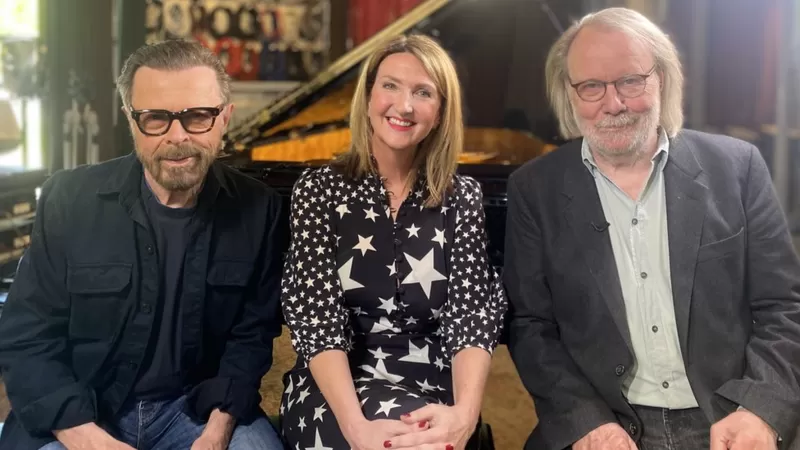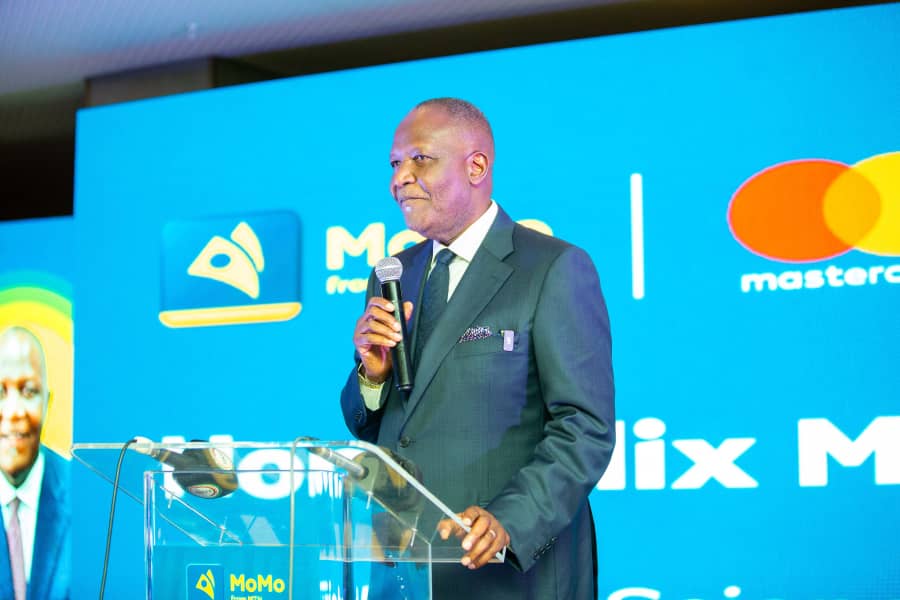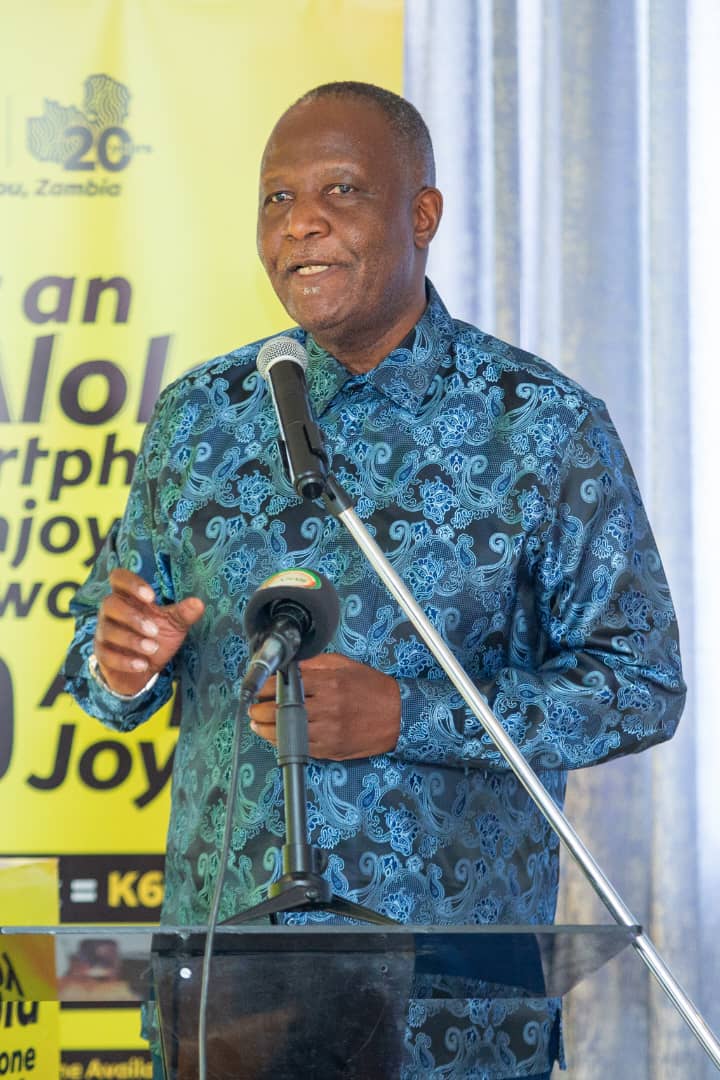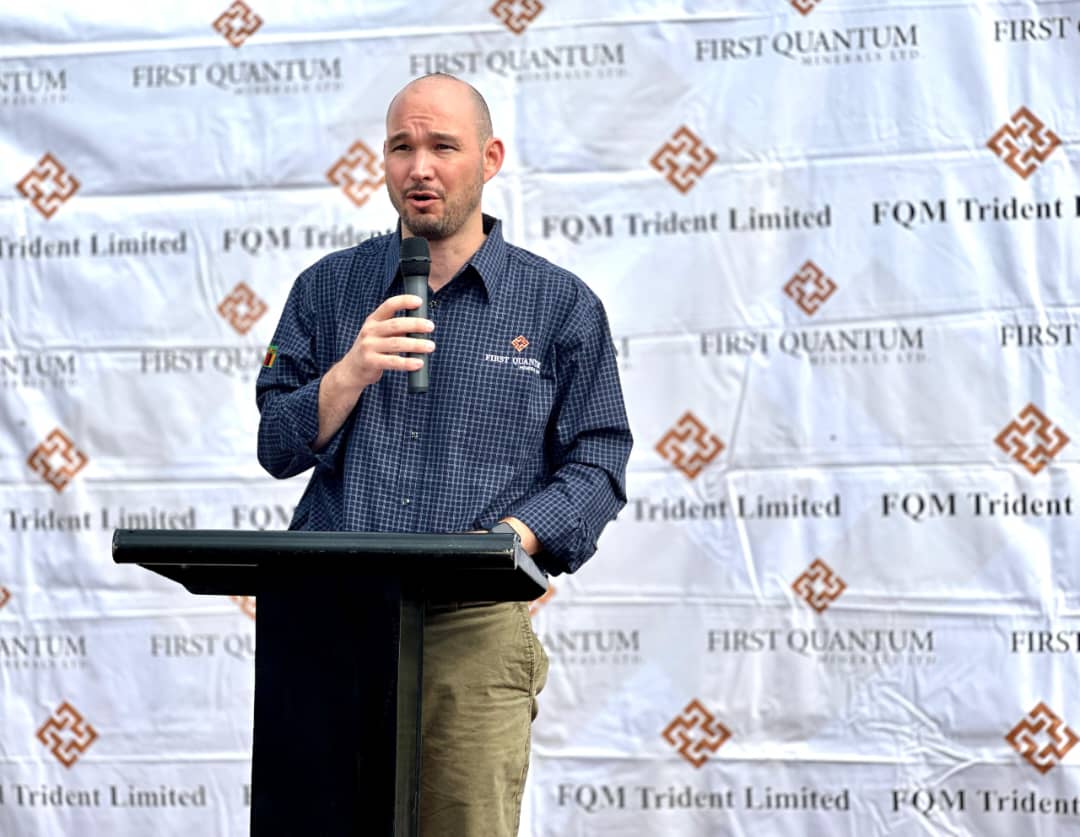Abba’s Bjorn Ulvaeus and Benny Andersson have ruled out a reunion at the 2024 Eurovision Song Contest in their native Sweden.
Next year will be the 50th anniversary of the band winning the competition with their song Waterloo.
Speaking to BBC Newsnight, the pair also dismissed the idea that they might compose the host nation’s entry.
Since Abba won in 1974, Sweden has gone on to win Eurovision five more times, including this year in Liverpool.
Bjorn and Benny – who swore never to tour again and reportedly turned down an offer of $1bn to play 100 shows at the turn of the Millennium – say they do not want to get back together with Agnetha Fältskog and Anni-Frid Lyngstad to perform – even for one night.
“I don’t want to,” says Andersson, “and if I don’t want to, the others won’t. It’s the same for all four of us – someone says, ‘no’ – it’s a no.”
“We can celebrate 50 years of Abba without us being on stage,” adds Ulvaeus.
In an interview to mark the first anniversary of their virtual concert residency, Abba Voyage, which features digital recreations of the four band members. Ulvaeus describes the response of audiences to the London show as “surpassing every expectation”.
“That emotional connection was the important thing for us,” he says. “We never knew until we started whether that would work
“Their intellect is telling them that we’re not there – but emotionally they are connected, which is a fantastic thing.”
Ulvaeus believes the groundbreaking technology employed in their show will be used in future to create avatars of deceased artists who cannot give their consent – posing a dilemma for both producers and audiences.
“We can say ‘yes’ or ‘no’ to everything, so the audience knows that we are behind this,” he says, “so it would be an ethical question”.
And they acknowledge that the technology could also be misused to create ‘deep fakes’ with the potential to spread disinformation.
“But it’s hardly our fault,” says Andersson.








